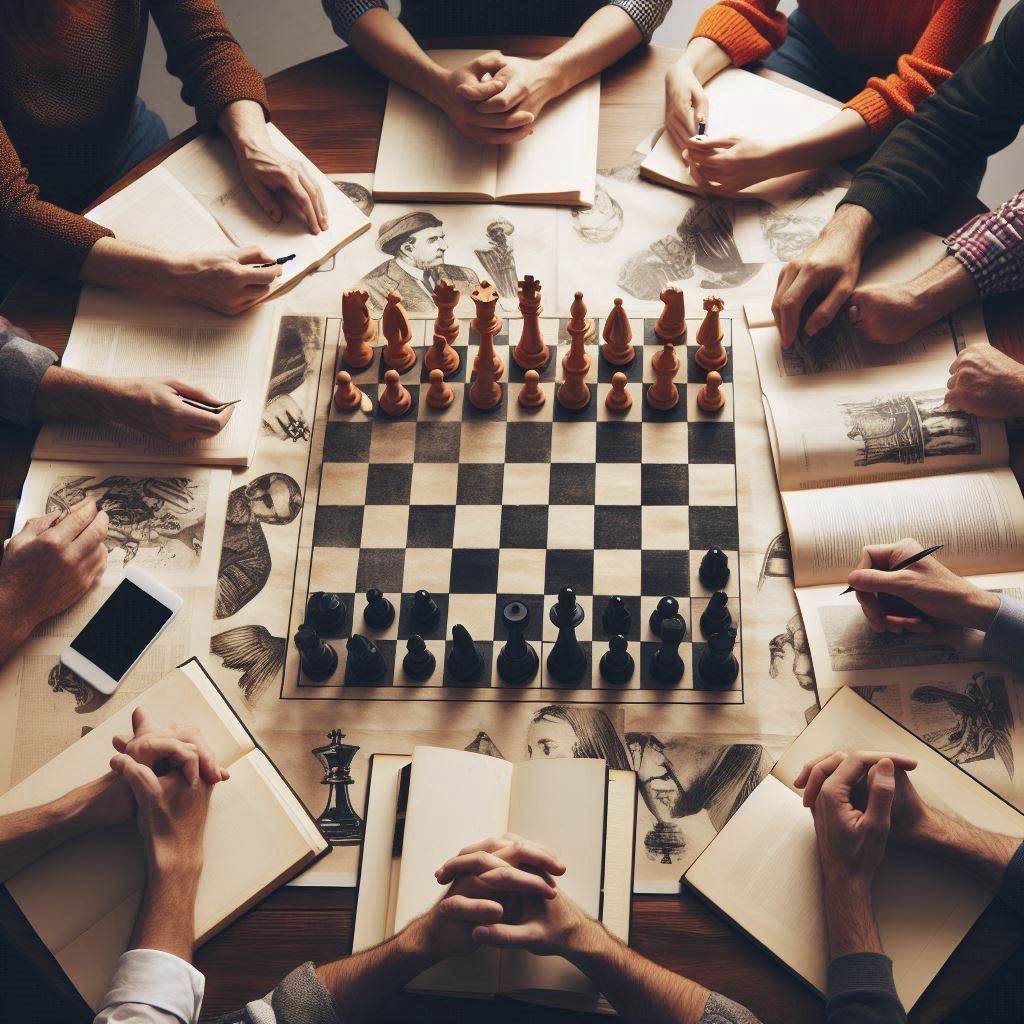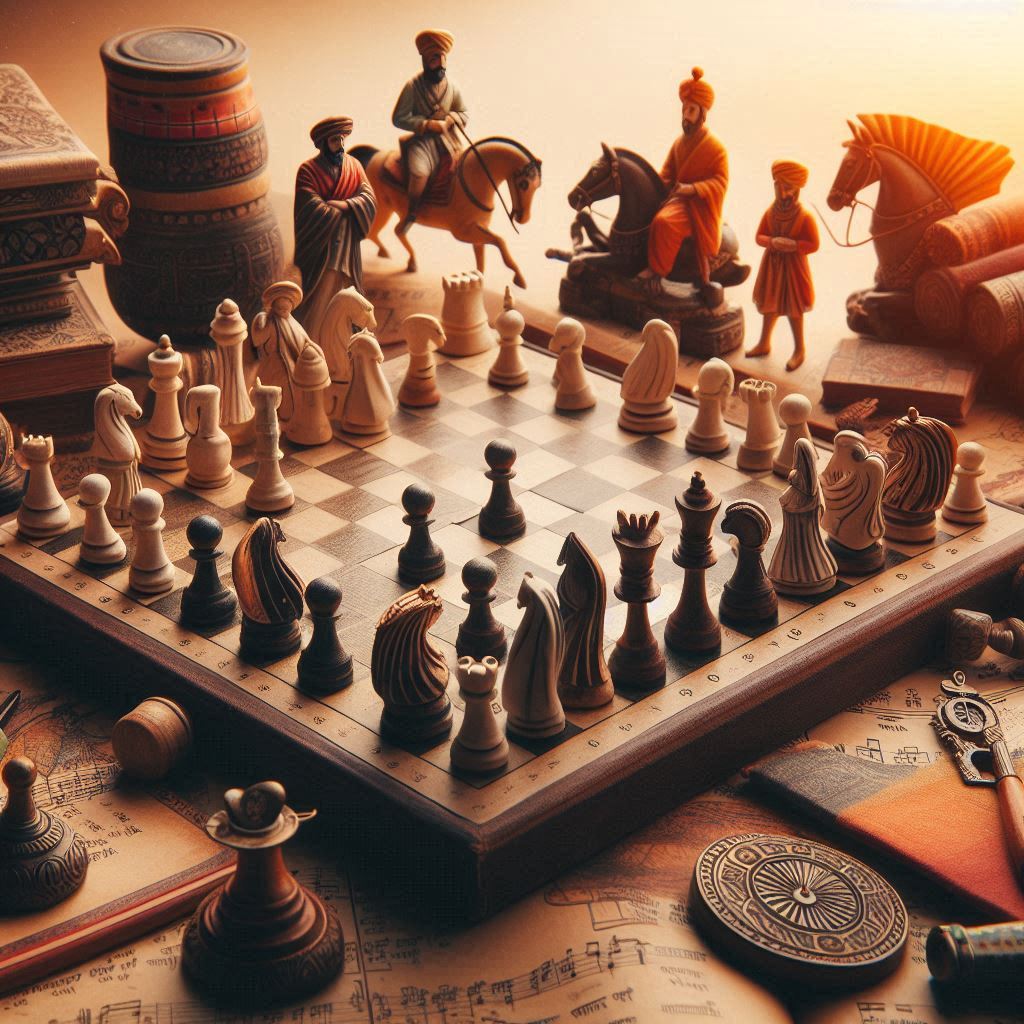Introduction
Analyzing famous chess games is one of the best ways to improve your own play. By studying the strategies and tactics used by grandmasters, you can gain valuable insights into the deeper aspects of the game. This guide will help you learn how to effectively analyze famous chess games, understand the decision-making process of top players, and apply these lessons to your own chess journey.
Choosing the Right Games to Analyze
Selecting Games That Offer Valuable Lessons: Start by choosing games that are rich in strategic and tactical content. Games played by world champions and top grandmasters are ideal because they often involve deep ideas and advanced techniques. Look for games that feature the openings you play or are interested in learning.
Understanding the Historical Context
Background and Significance of the Game: Understanding the context in which a game was played can provide valuable insights. Research the players involved, the tournament setting, and any historical significance. This background knowledge can help you appreciate the game’s importance and the pressure the players were under.
Breaking Down the Opening
Studying Opening Strategies and Choices: Begin your analysis by examining the opening moves. Identify the opening played and understand the basic ideas behind it. Pay attention to how each player develops their pieces, controls the center, and prepares for the middlegame. Note any deviations from standard theory and consider their implications.
Evaluating the Middlegame
Analyzing Key Middlegame Tactics and Strategies: The middlegame is where the real battle takes place. Focus on the key strategic plans and tactical themes. Look for pawn structure transformations, piece maneuvers, and potential sacrifices. Analyze how each player positions their pieces to create threats and counter threats.
Dissecting the Endgame
Learning from Endgame Techniques and Decisions: Endgames reveal a lot about a player’s technique and understanding. Study how the players transition from middlegame to endgame, manage their pawns, and activate their king. Pay attention to critical decisions and how they convert advantages or defend difficult positions.
Identifying Key Moments
Critical Points That Influenced the Game’s Outcome: Every game has key moments that determine its outcome. Identify these turning points and analyze why they were crucial. These could be brilliant moves, blunders, or strategic decisions that shifted the balance of the game. Understanding these moments will enhance your strategic vision.
Using Chess Engines for Analysis
Leveraging Technology to Deepen Your Understanding: Modern chess engines like Stockfish and Komodo are powerful tools for analyzing games. Use them to check your analysis, find hidden tactics, and evaluate positions. However, rely on your own judgment first before consulting the engine to develop your analytical skills.
Learning from Mistakes and Blunders
Recognizing and Learning from Errors: Even grandmasters make mistakes. Identify any blunders or inaccuracies in the game and understand why they occurred. Learning from these errors can help you avoid similar mistakes in your own games and improve your decision-making process.
Applying Lessons to Your Own Play
Translating Insights into Practical Improvement: The ultimate goal of analyzing famous games is to apply the lessons learned to your own play. Incorporate new strategies, tactics, and endgame techniques into your practice. Regularly review your own games with these insights to see how you can improve.
Recommended Tools and Resources
Books, Software, and Online Platforms for Analysis: Enhance your analysis with recommended resources:
- Books: “My Great Predecessors” series by Garry Kasparov, “Zurich International Chess Tournament 1953” by David Bronstein.
- Software: ChessBase, Fritz, and Stockfish.
- Online Platforms: Chess.com, Lichess.org, and the Internet Chess Club (ICC).
FAQs
Why is it important to analyze famous chess games?
Analyzing famous games helps you understand advanced strategies and tactics used by top players, improving your own play.
What should I focus on when analyzing a game?
Focus on the opening moves, key middlegame tactics, critical moments, and endgame techniques. Pay attention to the strategic plans and decision-making processes.
How can chess engines assist in game analysis?
Chess engines provide accurate evaluations, highlight tactical opportunities, and help you verify your analysis. They can uncover hidden details that are easy to miss.
What are some recommended books for game analysis?
Books like “My Great Predecessors” by Garry Kasparov and “Zurich International Chess Tournament 1953” by David Bronstein are excellent for studying famous games.
How often should I analyze games to see improvement?
Regular analysis is key. Aim to analyze a few games each week, balancing it with practical play and other forms of study.
Conclusion
Analyzing famous chess games is a powerful method to elevate your chess skills. By studying the moves and strategies of grandmasters, you gain insights into advanced play that can be applied to your own games. Focus on understanding the opening, middlegame, and endgame phases, and use tools like chess engines to deepen your analysis. With regular practice and dedicated study, you’ll unlock the secrets of master play and take your chess to new heights.



